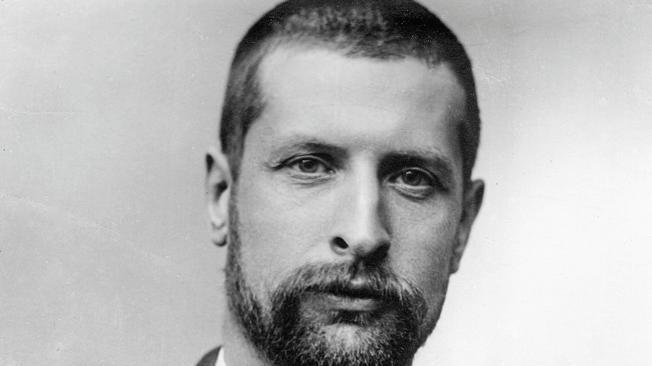The shock in Spanish society, and also in the guts of this newspaper, has been extraordinary at the death of Javier Marías, probably one of the writers who most emphatically and precociously embodied the incorporation of contemporary Spanish literature into international letters .
The television program about books dedicated to his work by the German critic Reich-Ranicki was —is— legendary: the translation of
Corazón tan blanco
since 1996 it became one of the most widely read books in Germany, selling over a million copies in the following years.
It is not a trivial anecdote: Marías is in the meager place where a literary culture brings together the power to attract a massive and faithful reader, if not addicted, and at the same time the recognition of the most demanding critics towards a novelist.
Not even the multiple awards and endless translations of his books give the measure of his significance as a novelist of democracy.
He understood the novel as a job in which the writer's intervention in his society was carried out in a deferred, postponed way, without pushing.
After the doubts and questions of the story, the reader ended up making his own the reflexive deployment to which he had been invited by a narrator who was always cultured, self-absorbed, often responsive and with coves of a humor that could be corrosive.
His novel first shied away from the Spanish atmosphere and climate —with
El hombre sentimental
or
Todos las almas—
, but maturity brought the writer closer to his own past as a son and as a citizen in
Your face tomorrow
or
This is how bad things begin
: the historical (and personal) past interfered in their plots.
That is why part of his most valuable work is also hidden in the sketches and essays on other writers, in addition to having been an excellent translator.
Among his virtues was not to shy away through his articles in this newspaper from controversies or public defense, often energetic and moody, of his discrepancies with the present time and with social habits that came to discourage him (he continued to use a typewriter and avoided social networks).
The reader of this newspaper has found them for two decades —with acidity, with sarcasm, without half measures— on the last page of El País Semanal.
But there he also found the most festive side of the writer: when he recalled the favorite movies of a great movie buff, when he evoked encounters with central characters in his life —in his own family and outside it—, when an undisguised disdain led him to ridicule public figures of any field.
Interviews were also another means of relating to the reader,
and in them he did not hide the fear of having written the last novel, of not knowing or being able to write any more.
It was part of the writer's arsenal of hobbies.
This time it has been true, after his premature and painful disappearance.

/cloudfront-eu-central-1.images.arcpublishing.com/prisa/JTSZ7JHKZNAT5IM4OH3QNJMTHA.JPG)












